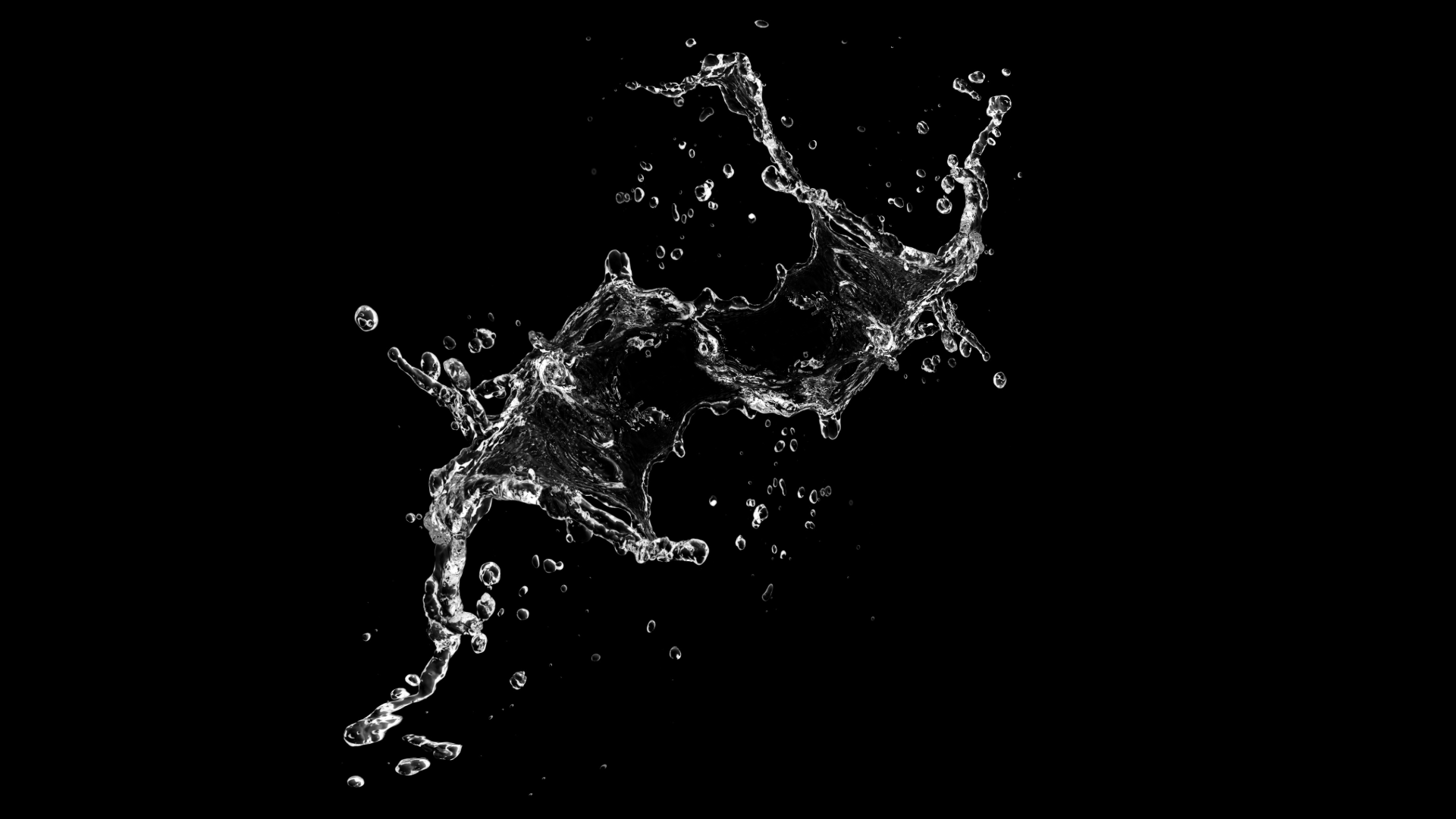Water retention, also known as edema, is a common problem that can lead to swelling, bloating, and discomfort. While factors like diet or lifestyle may contribute, hormonal imbalances are often the root cause. Hormones such as aldosterone, cortisol, ADH (antidiuretic hormone), and prolactin play a central role in fluid regulation. When these hormones are dysregulated, water retention becomes a persistent issue.
This blog explores natural remedies and medical treatments to address water retention caused by hormonal imbalances. By identifying the underlying cause and taking targeted steps, you can effectively reduce swelling and improve overall well-being.
For related insights, explore:
- Water Retention and Hormonal Imbalances: Understanding the Connection
- How Hypopituitarism Impacts Hormonal Health and What You Can Do About It
Understanding Hormonal Water Retention
Aldosterone Aldosterone regulates sodium and potassium balance, directly influencing fluid retention. Excess aldosterone increases sodium retention and water reabsorption, leading to swelling.
Cortisol Cortisol amplifies aldosterone’s effects and promotes sodium retention. Chronic cortisol elevation, often due to stress, exacerbates water retention.
ADH (Antidiuretic Hormone) ADH signals the kidneys to reabsorb water, maintaining hydration. When overproduced, it leads to water retention and hyponatremia (low sodium levels).
Prolactin Elevated prolactin affects kidney function, increasing water reabsorption and contributing to bloating and puffiness.
Symptoms of Hormonal Water Retention
Swelling in the ankles, feet, or hands. Puffiness in the face or around the eyes. Unexplained weight fluctuations. Bloating or a feeling of heaviness in affected areas. In severe cases, difficulty breathing or chest discomfort (a sign of fluid overload).
Natural Approaches to Reducing Water Retention
Optimize Diet
- Reduce Sodium:
- High sodium intake increases fluid retention. Minimize processed foods and salty snacks.
- Increase Potassium:
- Potassium-rich foods, such as bananas, avocados, and sweet potatoes, counteract sodium’s effects and reduce water retention.
- Stay Hydrated:
- Drinking adequate water prevents the body from retaining excess fluids due to perceived dehydration.
Incorporate Regular Exercise Exercise improves circulation and reduces fluid buildup, particularly in the lower extremities.
- Low-Impact Options:
- Walking, swimming, or yoga can help alleviate swelling.
- Targeted Techniques:
- Elevate your legs after prolonged periods of sitting to reduce swelling.
Use Natural Diuretics Certain foods and herbs act as mild diuretics, encouraging the kidneys to excrete excess fluids.
- Examples:
- Cucumber, parsley, celery, and watermelon.
- Herbal teas like dandelion root or green tea.
Manage Stress Chronic stress elevates cortisol, which worsens water retention. Stress-reduction techniques can help restore balance.
- Mindfulness Practices:
- Meditation, yoga, and tai chi lower cortisol levels.
- Breathing Exercises:
- Deep breathing activates the parasympathetic nervous system, reducing cortisol and aldosterone activity.
Support Hormonal Balance
- Get Quality Sleep:
- Sleep regulates hormones like cortisol and ADH, which directly influence fluid balance.
- Balance Electrolytes:
- Ensure a healthy intake of magnesium and calcium to support overall hormonal stability.
Medical Approaches to Reducing Water Retention
Testing and Diagnosis To address water retention effectively, it’s essential to identify the hormonal cause. Tests may include:
- Blood Tests: Measure hormone levels such as aldosterone, cortisol, prolactin, and ADH.
- Urinalysis: Evaluates kidney function and hydration status.
- Imaging: May be used to detect adrenal or pituitary gland abnormalities.
Medications Depending on the underlying cause, the following treatments may be recommended:
- Diuretics:
- Medications like furosemide or spironolactone help eliminate excess fluid. These are particularly useful for conditions like hyperaldosteronism but should be used under medical supervision to avoid dehydration or electrolyte imbalances.
- Hormonal Therapies:
- For elevated prolactin, dopamine agonists like cabergoline or bromocriptine reduce prolactin production and alleviate water retention.
- Cortisol-lowering drugs like ketoconazole or metyrapone may be prescribed for cases of Cushing’s syndrome or chronic cortisol elevation.
- ADH Modulation:
- Treatments for SIADH (Syndrome of Inappropriate Antidiuretic Hormone Secretion) may include fluid restriction or medications like demeclocycline.
Lifestyle Counseling For those dealing with chronic stress or lifestyle factors contributing to hormonal imbalance, counseling or coaching may help establish healthier routines.
When to Seek Medical Attention
While natural remedies can alleviate mild to moderate water retention, persistent or severe symptoms warrant professional evaluation. Seek medical attention if you experience:
- Rapid or unexplained swelling.
- Shortness of breath or difficulty breathing.
- Persistent or worsening symptoms despite lifestyle changes.
Conclusion
Water retention caused by hormonal imbalances can be frustrating and uncomfortable, but it is manageable. By combining natural remedies such as dietary adjustments, exercise, and stress management with medical interventions when necessary, you can effectively reduce fluid retention and improve your overall quality of life.
For more information on managing hormonal health, explore:








